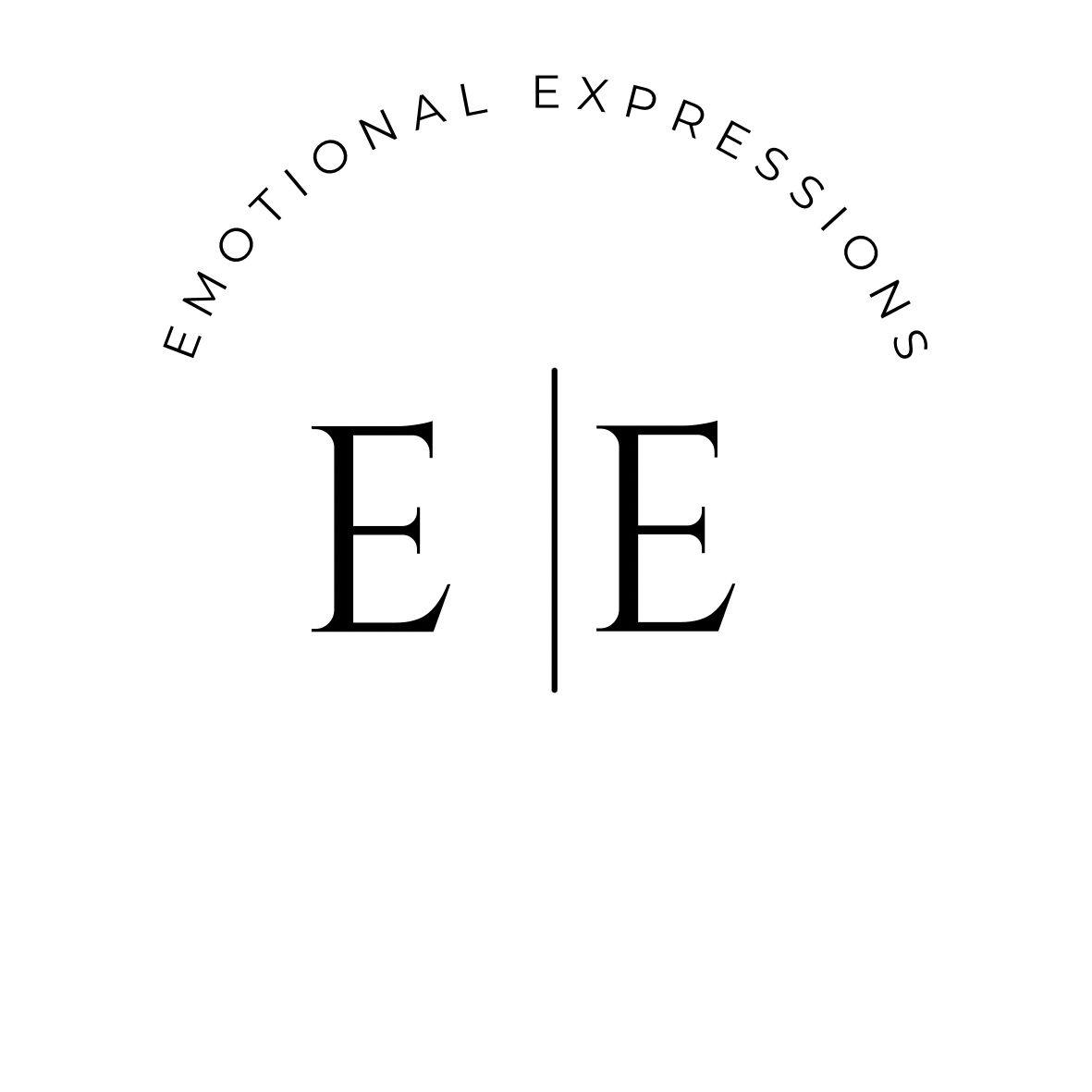Can You Really Trust Again? Navigating Healing and Reclaiming Your Life After Betrayal
- Survivor Key null
- Jan 14
- 4 min read
Betrayal can hit hard, leaving you stunned and reeling. Whether it’s a friend, partner, or family member who lets you down, the pain can feel overwhelming. It's like a wave that crashes over your sense of trust and security. If you've experienced this pain, know that you are not alone. Many have faced similar trials and come out stronger. Healing from betrayal is not just a possibility; it’s a journey toward reclaiming your life.
Understanding Betrayal
To effectively heal from betrayal, it’s important to understand what betrayal truly entails. It goes beyond mere broken promises. Instead, it represents a fundamental violation of trust, shifting the dynamics of your relationship. Betrayal can take many forms: infidelity, deceitful actions, or even neglecting your emotional needs.
The emotional fallout can vary dramatically, often leading to a cocktail of anger, sadness, and confusion. For instance, studies show that around 70% of people report heightened anxiety and low self-esteem following a betrayal. These feelings are valid and a natural part of the healing process. Recognizing that others have shared this journey can provide comfort and insight into your own healing.
Acknowledge Your Feelings
Putting feelings aside can slow down your healing. It’s essential to give yourself permission to experience the hurt and anger that betrayal causes. Consider journaling as a way to release pent-up emotions or discussing your feelings with a trusted friend. Finding a safe space to express yourself can make all the difference.
By doing this, you validate your experience. It's a crucial step toward healing and enables you to identify patterns in your emotional responses, which can help guide future decisions. For instance, consistent journaling has been shown to improve emotional well-being by as much as 30%.
Set Boundaries
The person who betrayed you may not fully grasp the extent of their actions. Setting clear boundaries is vital for your protection and reclaiming your power. Decide what you are comfortable with, such as reducing communication or even ending the relationship.
Boundaries provide clarity in future interactions and create a protective barrier for your emotional health. For example, communication about your boundaries should be specific—if you're limiting conversations to specific topics, clarify that to prevent misunderstandings.
Rebuild Trust in Yourself
Betrayal often leads to self-doubt, leaving you questioning your judgment. Rebuilding trust in yourself is key to healing. Engage in activities that reinforce your confidence. This might mean setting small, achievable goals like learning a new skill or finishing a project.
These accomplishments can boost your self-esteem and remind you that you are capable and deserving of healthy relationships. Remember, the betrayal reflects the other person's choices, not your worth. A recent survey found that individuals who set and achieved personal goals felt a 25% increase in self-respect.
Seek Support
Seeking help is not a weakness; it's a proactive step towards healing. Sometimes, friends and family may struggle to provide the support you need. In this case, consider reaching out to a professional therapist specializing in betrayal trauma. The guidance of a therapist can be invaluable in navigating your emotions and creating effective coping strategies.
Support groups can also provide connection and understanding. By sharing your story with others who have had similar experiences, you foster empathy and validation. Research indicates that around 60% of participants in support groups reported feeling less isolated and more understood.
Allow Time to Heal
Patience is crucial. Healing is rarely a straightforward path; some days will be more challenging than others. Acknowledge your hurt but also remember that healing takes time. Establish a self-care routine for tough days, which may include meditation, outdoor walks, or enjoying a bubble bath.
A self-care strategy can improve your overall emotional well-being. A study showed that individuals engaging in regular self-care reported a 40% decrease in stress levels.
Reassess Relationships
When you feel ready to venture back into the world of friendships or dating, take the time to reassess what you truly value. What non-negotiables do you have? Reflecting on these can help prevent future heartbreaks.
It might also be useful to look back at your past relationships and pinpoint any red flags you may have ignored. Learning from previous experiences can lead to healthier connections in the future.
Embrace Forgiveness
Forgiveness may not come easily, but it is crucial for your emotional freedom. It does not mean condoning the actions of those who hurt you; rather, it's a way to release yourself from the grip of anger and resentment.
Start by recognizing the emotions tied to the betrayal. Self-compassion plays a significant role in this process. You might try writing a letter to the person who betrayed you, expressing your feelings, even if you choose not to send it. This act of reflection can help you find emotional closure.
Trust Again
Once you feel you have worked through the stages of healing, it might be time to consider trusting others again. You don't have to rush into new relationships. Start small and practice vulnerability with someone you trust, like sharing a secret or discussing your feelings with a close friend.
Understanding that everyone deserves a fresh start can help you move forward. It's essential not to let past experiences cloud future relationships.
Your Journey to Healing
Healing from betrayal is a complex process filled with ups and downs. The path might seem daunting, but by acknowledging your feelings, setting boundaries, seeking support, and allowing time to heal, you are taking powerful steps toward rediscovering your sense of self.
You have the strength to rise above betrayal and lead a fulfilling, trusting life. Embrace your healing journey and recognize that it can lead to greater resilience and wisdom.















Comments